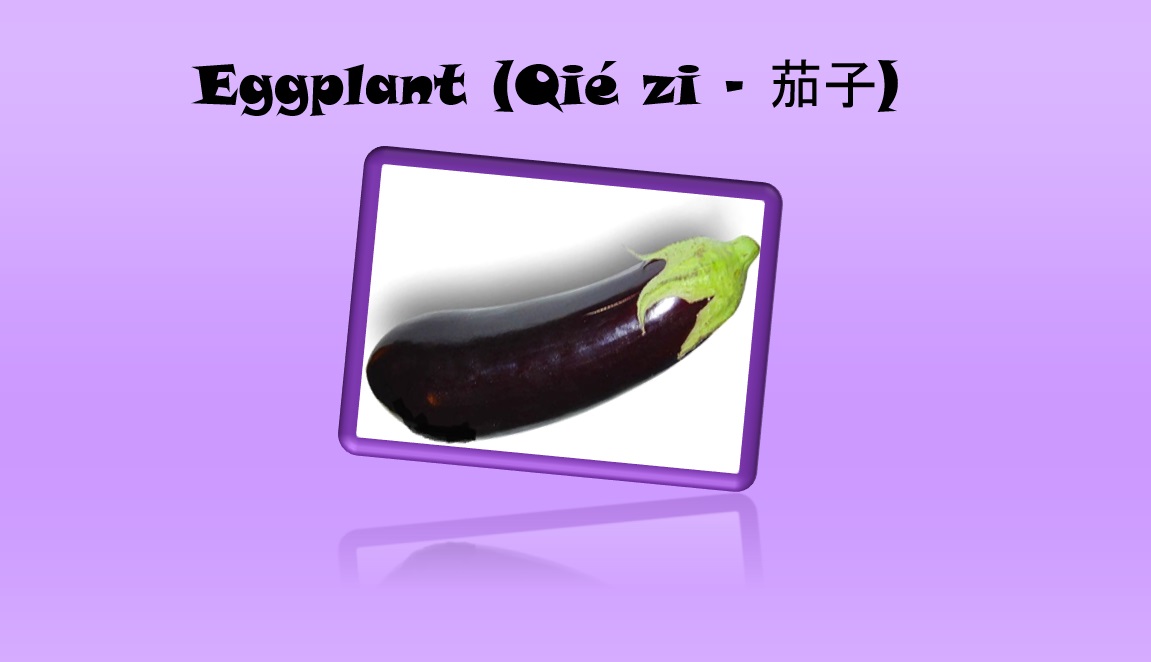Blog Details
Eggplant
October 20, 2021

There is no consensus about the place of origin of eggplant; the plant species has been described as native to India, where it continues to grow wild.
Eggplant grows 40 to 150 cm (1 ft 4 in to 4 ft 11 in) tall, with large, coarsely lobed leaves that are 10 to 20 cm (4 to 8 in) long and 5 to 10 cm (2 to 4 in) broad.
Based on TCM, eggplant can be used to clears heat, moves and cools blood, disperses blood stasis, reduces swelling, eases pain; harmonizes liver and uterus, especially with suppressed emotions.
The preparation methods of eggplant are boiled, stir-fried, baked, as juice, decoction or preserved in wine.
Eggplant contains water, carbohydrates, vitamin C, calcium, niacin, iron, phosphorus, above average amount of potassium, amaroids (bitters), and essential oils.
Some indications can be reduced by eggplant are:
* Heat in blood: skin disorders with itching and red cutaneous, efflorescence, skin ulcers and growths, breast inflammation (mastitis), carbuncle (external use), bloody stool, and hemorrhoids.
Note: this is just an information regarding eggplant. For the usage and dosage and for the specific health issue, please consult with the herbalist or your health care provider.
References:
- Kastner, Joerg. (2004) Chinese Nutrition Therapy. Complementary Medicine.
- (2021). Eggplant. https://en.wikipedia.org/wiki/Eggplant


 English
English Indonesian
Indonesian